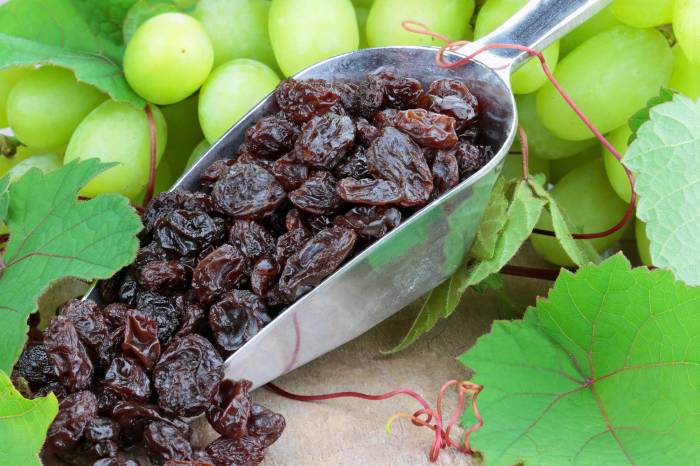Turning water into wine naturally
Kyoto University researchers turn water into wine using only sun-dried raisins
2025-11-27

Researchers at Kyoto University have discovered a method that allows water to ferment into wine using only sun-dried raisins. The study, published in Scientific Reports, suggests that this process could resemble how ancient populations produced alcoholic beverages before the development of modern winemaking techniques.
The team collected fresh grapes from a vineyard and dried them for 28 days under three different conditions: in an incubator, under direct sunlight, and with a combination of both methods. After drying, three samples from each group were soaked in water and kept at room temperature for two weeks. This setup was designed to mimic a simple, intervention-free process similar to what might have occurred in ancient times, without the use of added yeast or modern microbiological controls.
The researchers aimed to determine whether the presence of fermenting yeast came from the drying process rather than from the skin of fresh grapes, which rarely hosts Saccharomyces cerevisiae—the yeast responsible for alcoholic fermentation. Their results showed that only the raisins dried naturally in the sun developed enough S. cerevisiae to produce ethanol when soaked in water. All sun-dried samples underwent complete fermentation, resulting in significantly higher ethanol concentrations compared to those dried in an incubator or with mixed methods. Only one incubator-dried sample and two from the mixed group showed any signs of fermentation.
Analysis revealed that successful samples had a reduced overall microbial diversity but a marked increase in fermentative yeasts. This indicates that natural sun-drying plays a crucial role in attracting and stabilizing alcohol-producing yeasts on the surface of the fruit.
The findings support the idea that ancient communities could have produced alcoholic drinks without understanding biological mechanisms, simply by soaking dried fruit in water. The process may have been especially common in arid regions where natural preservation of grapes was easier than fermenting fresh fruit.
Despite these insights, it remains unclear how yeasts migrate from the environment onto the surface of raisins during natural drying. The research team recommends further studies using larger sample sizes and different climate conditions to better understand yeast colonization and to replicate ancient production environments more closely.
The study also points to new possibilities for creating fermented beverages from untreated fruit and reducing food waste through natural transformation processes. However, researchers caution that this method works only with untreated raisins; most commercial products are coated with protective oils that prevent fermentation.
This discovery not only sheds light on historical winemaking practices but also opens avenues for sustainable beverage production using simple, natural methods.
Founded in 2007, Vinetur® is a registered trademark of VGSC S.L. with a long history in the wine industry.
VGSC, S.L. with VAT number B70255591 is a spanish company legally registered in the Commercial Register of the city of Santiago de Compostela, with registration number: Bulletin 181, Reference 356049 in Volume 13, Page 107, Section 6, Sheet 45028, Entry 2.
Email: [email protected]
Headquarters and offices located in Vilagarcia de Arousa, Spain.